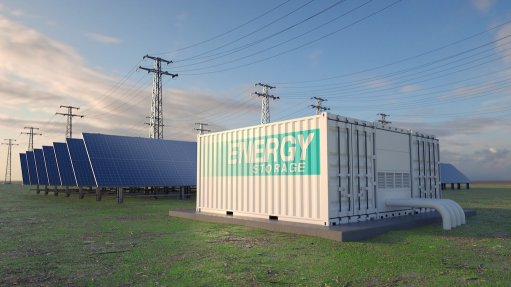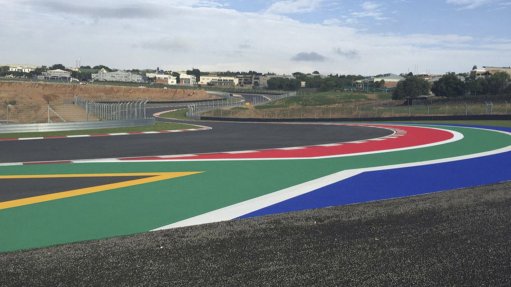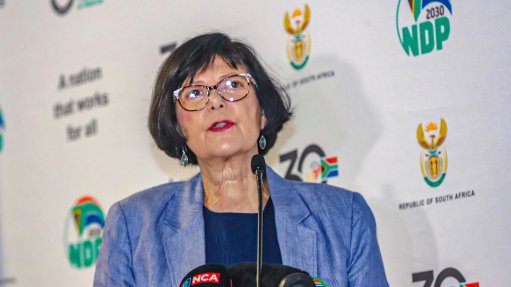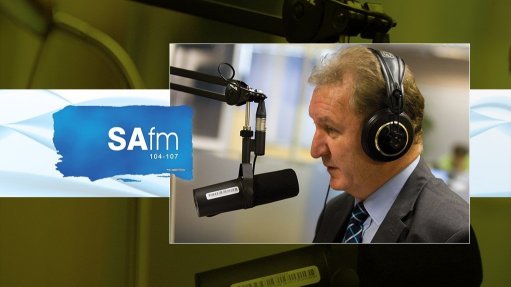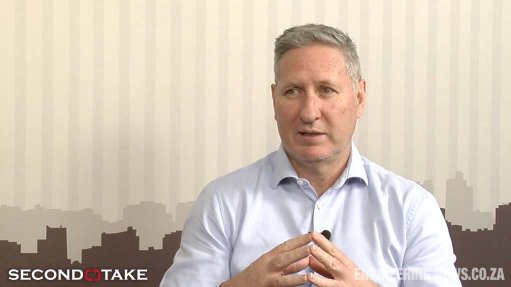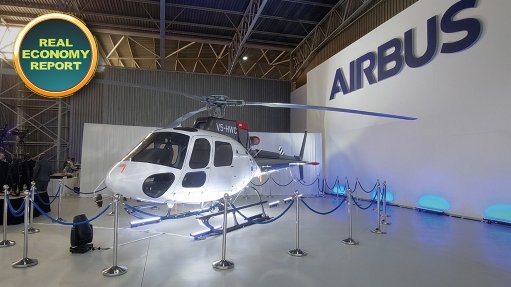Domestic travel shrinks in South Africa due to financial hardship – Stats SA
Domestic tourism within South Africa has declined over the past two years due to economic hardships, the Domestic Tourism Survey 2016 (DTS 2016) released by Statistics South Africa on Monday shows.
According to the survey, the total number of day trips undertaken within the country decreased from 44.3-million in 2015 to 39.4-million in 2016. Overnight trips decreased from 45.4-million in 2015 to 43-million in 2016.
The report also shows that the highest number of trips are only being generated in December, compared to the other 11 months of the year.
“The reasons why people are not traveling are clear – people are not traveling because they are feeling the pinch, therefore they are less likely to spend. We can see the drop in the budget for traveling across time – it’s steady at R87-billion [in 2015 and 2016] but we can see a significant drop from 2014, and a significant drop from 2013,” said Statistician General Pali Lehohla when he released the report in Pretoria.
The main finding of the DTS 2016 reflect a general pattern of decline in domestic tourism over the past two years, associated with economic stagnation and an inevitable re-prioritisation of consumer spending that has taken place during that time.
The main reasons for South Africans to travel are shopping, visiting friends and relatives and for leisure.
In comparison, between 2015 and 2016, the travelers for shopping, visiting friends and relatives, and for leisure all declined. An increase was however recorded in the number of people travelling for funerals. Even travel for religious reasons has dropped.
“Shopping, visiting friends and relatives, and leisure dropped but funerals are always mandatory, you can’t drop funerals. You have to go otherwise they will not come to bury you when you die, so you have to travel. You can see the African culture playing a very strong role here – that’s why you see many cars on the road on Saturday,” said Lehohla.
More people, however, still travelled in 2016 than in 2015 for sporting and for business purposes.
When comparing travel within population groups, white South Africans travelled almost twice as frequent as any other population group. White South Africans had a share of 88.9% of overnight trips undertaken, compared to black South Africans with a 43.8%. Coloured South Africans had 32.5%, while Indian and Asian South Africans had 34.5% of overnight trips.
Stats SA defines a domestic trip as a trip within the boundaries of South Africa but outside of the respondent’s usual environment. A tourist is defined as a visitor who stays at least one night in the place visited.
Regarding the frequented destinations in South Africa, Gauteng had the lion’s share of 23% for day trip travellers.
“Of course there are more people travelling in Gauteng, the destination is Gauteng but there is also a lot of destinations in Limpopo for travel – 17%. Of course there is the Moria [the Zion Christian Church’s headquarters] in Limpopo but we also know that there are many people staying in Gauteng from Limpopo and every weekend or month end you can see the language and a lot of vehicles pulling big loaded trolleys on the road side,” said Lehohla.
Limpopo had the lion’s share of 17% for overnight trips in 2016, followed by Gauteng and KwaZulu–Natal respectively.
Cars and taxis were the most used mode of transport for overnight trips. The use of buses for overnight trips decreased between 2015 and 2016, while the use of airplanes was on the rise.
The report also revealed that more South Africans used “unpaid accommodation” which is mainly staying with acquaintances in the region’s they visit.
“The bulk of people who stay overnight, do stay with their friends and relatives,” said Lehohla.
Zooming in on the marital status of the South Africans who traveled for overnight trips, Lehohla said 33.7% of the people had “never married”.
“Those who have never married want to overnight. Once they get married, they no longer do the overnight – they go to funerals and come back quickly,” said Lehohla.
Above 40% of the people who undertook the overnight trips were aged between 25 to 44.
Lehohla said the report gave insight into the sociology of South Africa, the travelling patterns and the demographics thereof.
The biggest spending during day and overnight trips was on transport, shipping, food and beverages. Most of the money spent during the most recent trips was for transactions in Gauteng.
This DTS 2016 report also contains data on the main purposes of trips, tourism patterns among the various populations, and trip-taking patterns of various living standard measurement (LSM) groups, among others.
Comments
Press Office
Announcements
What's On
Subscribe to improve your user experience...
Option 1 (equivalent of R125 a month):
Receive a weekly copy of Creamer Media's Engineering News & Mining Weekly magazine
(print copy for those in South Africa and e-magazine for those outside of South Africa)
Receive daily email newsletters
Access to full search results
Access archive of magazine back copies
Access to Projects in Progress
Access to ONE Research Report of your choice in PDF format
Option 2 (equivalent of R375 a month):
All benefits from Option 1
PLUS
Access to Creamer Media's Research Channel Africa for ALL Research Reports, in PDF format, on various industrial and mining sectors
including Electricity; Water; Energy Transition; Hydrogen; Roads, Rail and Ports; Coal; Gold; Platinum; Battery Metals; etc.
Already a subscriber?
Forgotten your password?
Receive weekly copy of Creamer Media's Engineering News & Mining Weekly magazine (print copy for those in South Africa and e-magazine for those outside of South Africa)
➕
Recieve daily email newsletters
➕
Access to full search results
➕
Access archive of magazine back copies
➕
Access to Projects in Progress
➕
Access to ONE Research Report of your choice in PDF format
RESEARCH CHANNEL AFRICA
R4500 (equivalent of R375 a month)
SUBSCRIBEAll benefits from Option 1
➕
Access to Creamer Media's Research Channel Africa for ALL Research Reports on various industrial and mining sectors, in PDF format, including on:
Electricity
➕
Water
➕
Energy Transition
➕
Hydrogen
➕
Roads, Rail and Ports
➕
Coal
➕
Gold
➕
Platinum
➕
Battery Metals
➕
etc.
Receive all benefits from Option 1 or Option 2 delivered to numerous people at your company
➕
Multiple User names and Passwords for simultaneous log-ins
➕
Intranet integration access to all in your organisation






